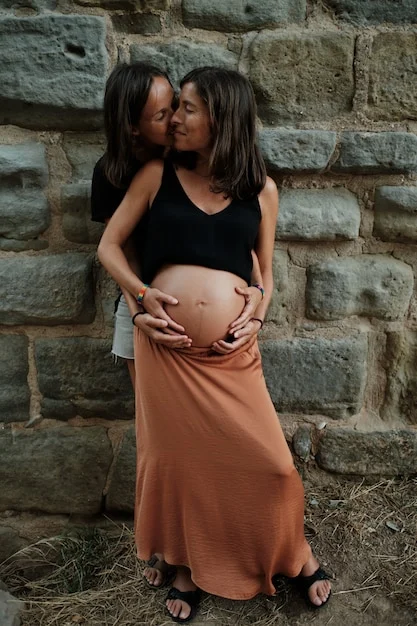I’ve been on a quest to recall a specific description from a childhood book, one that paints a picture of a nurturing figure organizing a child’s thoughts, tucking away the unpleasant bits and highlighting the lovely ones. It feels ironic that I’ve misplaced this guardian angel, much like the one J.M. Barrie wrote about in Peter Pan. Now, it’s up to me to be my own protector, tidying my mind and concealing the not-so-great parts—I no longer have someone to do it for me.
Recently, there’s been a lot of chatter about how people curate their lives on social media, showcasing only the most beautiful moments. I’ll admit, I’m not one to post a messy photo or an image of myself looking exhausted, even though those moments are a constant presence in my life. It’s easy to accuse me of presenting only the polished highlights.
Peter Pan first appeared in 1911, long before Instagram, Facebook, and Twitter. Yet, humans have always celebrated their best moments, displaying them for others to admire. We highlight life’s precious gems to uplift ourselves because dwelling on the mundane can be overwhelming. We strive to live in those radiant moments, hoping to create more days filled with similar joy.
Just the other day, my daughter’s ballet teacher brought bubbles to class, accompanied by Judy Garland’s “Somewhere Over the Rainbow.” Watching my not-so-little girl leap and catch bubbles brought tears to my eyes. I’m not sure if they were tears of joy or sadness, but they felt more sorrowful than anything. While I embraced this emotional moment, my daughter was busy squealing with delight across the room.
I wanted to cling to that moment, that bittersweet pang. But I didn’t feel the need to take a photo; I knew I wouldn’t forget it. My thoughts drifted to my mother, who suffered a devastating brain bleed at just 68. Where was she now? Physically, she was in her apartment downtown, unable to recall our visit just the day before. In my mind, though, she was a vibrant 22-year-old, headed to the theater to perform.
There’s a chaotic place in our minds where emotions and memories collide, and I doubt even the most nurturing figure could sort through that mess. I searched for the source of my tears, trying to understand why this joyful moment with my daughter felt so deeply intertwined with my mother’s decline. I long for my mom to remember her time with her granddaughter—some days, my daughter resembles her so much. I want her to know her grandmother as she once was, but time has slipped away too quickly, and that’s no longer possible.
With every tick of the clock, I feel loss. Time doesn’t wait for anyone. It passes while I write this, and while you read it, echoing “Loss, Loss, Loss,” unless we choose to counter it with love and joy. When we capture a beautiful moment in a photo, we’re fighting against the relentless passage of time. Cynics may deride this pursuit, but it stems from a pure place, as Tennessee Williams described, “the one success worth having.”
Photos aren’t about deceiving friends or creating a false narrative; they’re about resisting time. We may not succeed in holding onto these moments forever, but the effort itself is meaningful. I adore photos, especially those that capture beautiful instances. They are just as valid as the more chaotic, everyday snapshots that have gained popularity. Would we criticize a writer for presenting only an edited final draft?
Personally, I need that internal nurturing figure to look after my thoughts at night. My heart aches for my mother and the consistent reminder of loss I feel in the quiet hours between when my daughter falls asleep and wakes up, slightly bigger and calling for “Mama” from the other room. Each day, she grows under the afternoon sun. While I remind myself that the best is yet to come, the hours keep passing.
Just as Barrie described the confusion of a child’s mind, we adults aren’t so different. The Neverland I envision during the day is filled with memories of my healthy mother and all the lessons she could have shared with her grandchild. But at night, I watch my daughter catch bubbles, crying as though I’m a lost child in a playground.
I need the nightlights. I need the pretty pictures. And every time my child ventures into her Neverland, which will happen more frequently as time goes on, I’ll be there, waiting by the fire for her return. I understand all too well the emptiness felt when a mother is no longer waiting for you.
